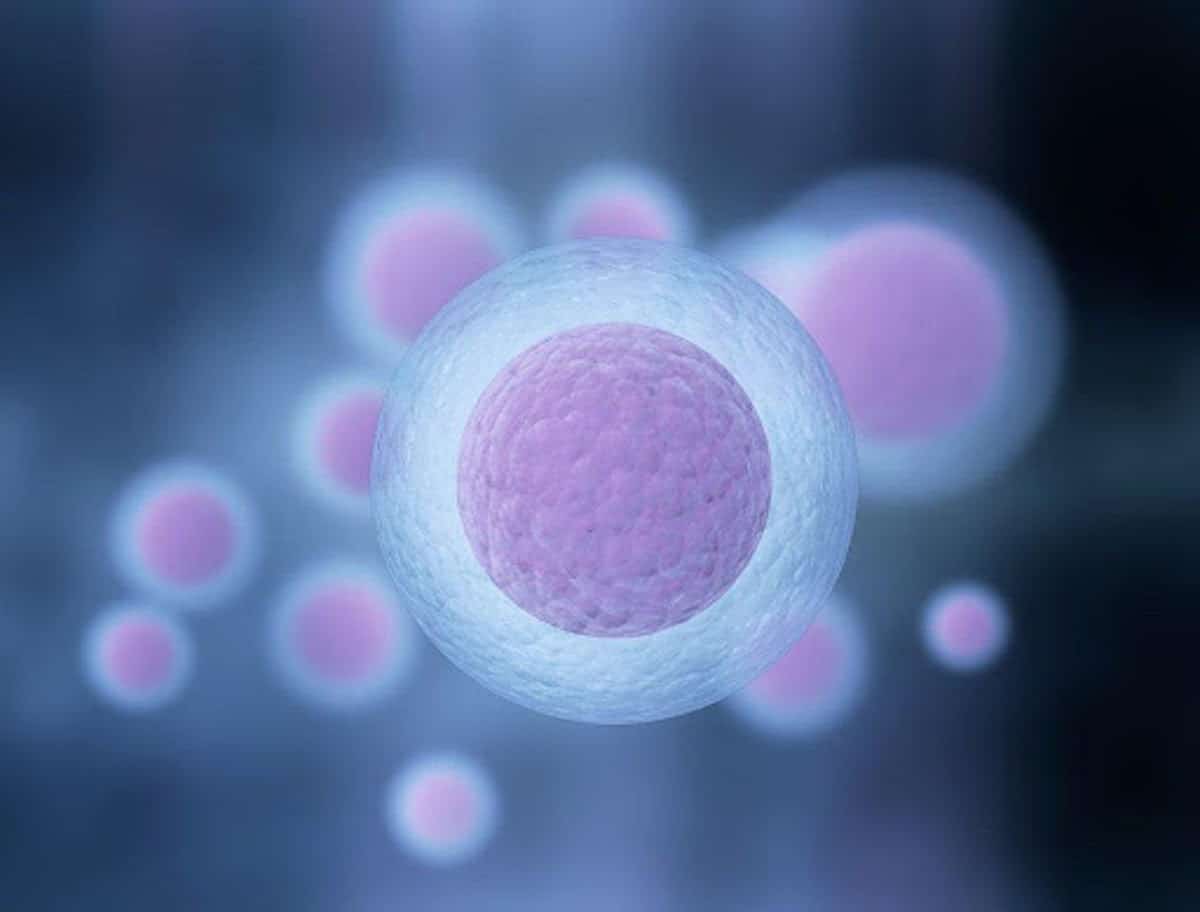Table of Contents
Egg donation is a medical process whereby a woman donates her eggs to another woman to enable her to conceive a child. The procedure is usually carried out when the intended mother cannot produce viable eggs or has a genetic disorder that could be passed on to her offspring. An online egg donor database can be a helpful resource for women seeking egg donors.
It is conducted via In Vitro Fertilization (IVF), whereby eggs are fertilized in a medical facility and implanted into the uterus. This process has many steps, such as ovarian stimulation, egg retrieval, and embryo transfer. Once the eggs are extracted, they are fertilized using sperm in the lab, and those obtained embryos are transferred to the recipient’s uterus. Then the patient is monitored for pregnancy.
This article will thoroughly cover the egg donation process.
Who is an Egg Donor?
An egg donor is a woman who has been examined and selected to donate her eggs to other women unable to produce viable eggs. The donor must be between 21 and 32 years old and physically & mentally healthy.
The screening process involves a medical history, physical exam, and blood tests to confirm the donor is healthy and free of genetic diseases likely to be passed onto offspring.
How Does Egg Donation Work?
The egg donation process involves several phases, such as a preliminary appointment with a fertility doctor to ascertain eligibility, a medical and psychological assessment, matching candidates, etc.
Step 1: Application and Screening
The first step in the egg donation process is to apply to an egg donation agency or fertility clinic. The application requires the donor to provide personal and medical information, including family history, education, and occupation. After applying, the donor undergoes a screening process to assess her suitability for egg donation.
The screening process is thorough and designed to ensure that the egg donor is in optimal health and has no underlying medical conditions that could affect the success of the egg donation process.
Step 2: Hormone Stimulation
Once the donor is approved, she is given hormone injections to stimulate her ovaries to produce multiple eggs. This process is called ovulation induction and usually takes about two weeks. During this time, the donor is monitored closely to ensure the eggs are correctly developing.
The hormone injections can cause side effects such as bloating, mood swings, and headaches. The donor may also experience discomfort during the monitoring process, which involves regular blood tests and ultrasounds to monitor the growth and development of the eggs.
Step 3: Egg Retrieval
Once the eggs have matured, the donor undergoes a minor surgical procedure called oocyte retrieval. This procedure is performed under sedation and takes about 20−30 minutes. Eggs are extracted from the ovaries using a needle, kept in a sterile container, and brought to the lab for fertilization.
While egg retrieval is comparatively painless, the donor may experience cramping and discomfort afterward. The donor will be monitored for approximately one hour afterward to avoid further health complications.
Step 4: Fertilization
In the laboratory, the eggs are fertilized with the sperm of the intended father or donor sperm. Fertilization can be performed by conventional fertilization or by intracytoplasmic sperm injection (ICSI). In traditional fertilization, the sperm and egg are placed in a dish and encouraged to fertilize naturally. ICSI requires injecting each sperm into each egg to promote fertilization.
Insemination usually takes approximately 24−48 hours, and the embryologist will observe the eggs to verify their proper development. Those embryos will be evaluated for overall quality, and the highest−quality ones will be selected for transfer.
Step 5: Embryo Transfer
After fertilization, the resulting embryos are cultured in the laboratory for two to six days. The best−quality ones are selected for transfer to the uterus of the intended mother or a surrogate. The number of embryos transferred may depend on several factors, including the intended mother’s age and well−being and the quality of the embryos.
The doctor will carefully monitor the patient after the transfer to check whether the embryo has been correctly inserted.
Overview of Egg Donation
Egg donation is a well−established procedure that has helped many women and couples struggling with infertility. The process has become increasingly successful and less invasive due to advanced technology and medical practices. Egg donation is harmless, as with any other medical intervention − it is not without risks. However, there may be risks such as ovarian hyperstimulation syndrome, bleeding, or infection.
Speaking with experts like Ovogene can provide valuable insight into the process: the legal and emotional aspects and the potential risks involved. Nevertheless, egg donation is a noble act that can positively impact someone’s life. By donating their eggs, women have the opportunity to give the gift of life to others!


